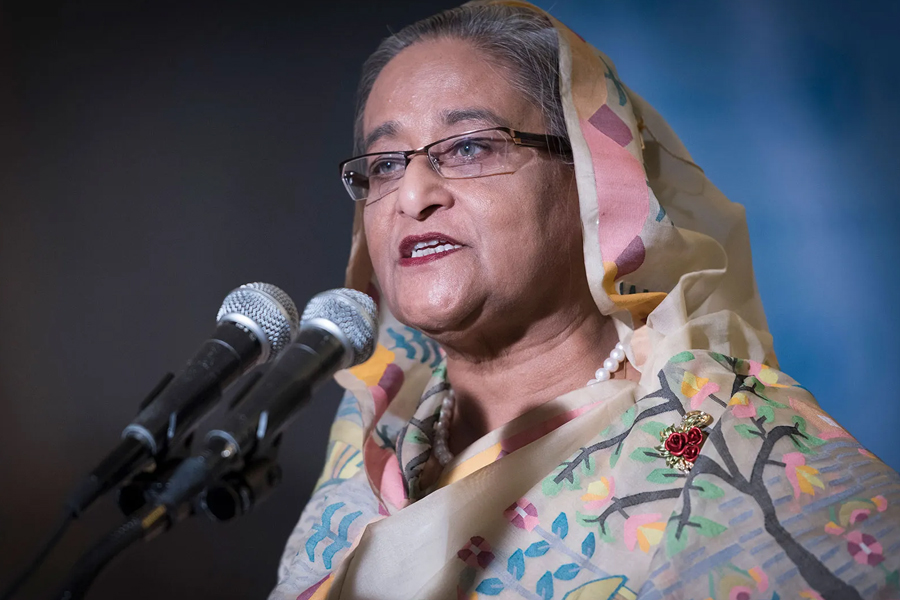
The India-Bangladesh Extradition Treaty does not provide for any binding
adjudicatory mechanism.
Author
Prabhash Ranjan, Professor, Jindal Global Law School, O.P. Jindal Global University, Sonipat, Haryana, India.
Summary
Ever since Sheikh Hasina, the former Prime Minister of Bangladesh facing mass protests at home, resigned, fled, and took refuge in India, the demands for her extradition have been doing the rounds. This demand took concrete legal shape when the chief prosecutor of Bangladesh’s International Crimes Tribunal (ICT), which was re-established in 2010 by the Sheikh Hasina government, said that the legal process to bring Hasina back to Bangladesh had started. Complaints have been filed against Hasina under the ICT for committing genocide and crimes against humanity.
Hasina has also been slapped with several other cases for a variety of crimes ranging from murder and torture to enforced disappearance.
In this regard, if and when Bangladesh (the requesting State) makes a formal request to India (the requested State) to extradite Hasina, what are New Delhi’s legal options?
Published in: Hindustan Times
To read the full article, please click here.

